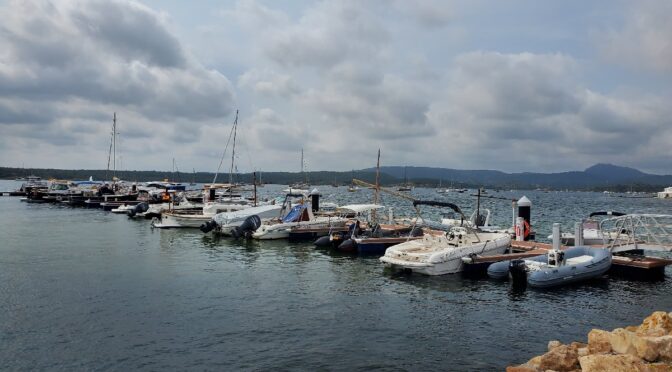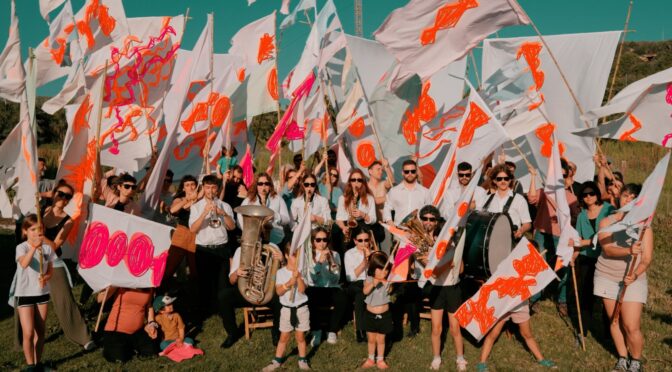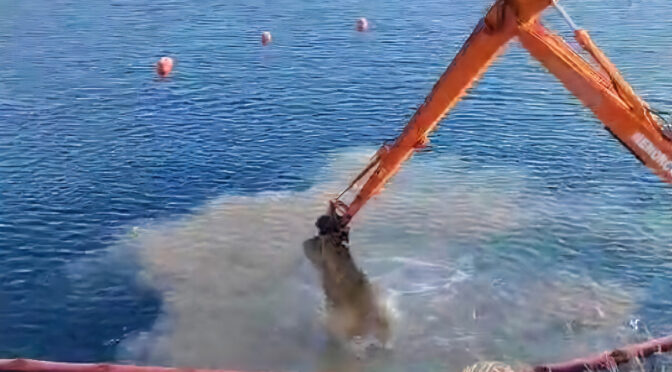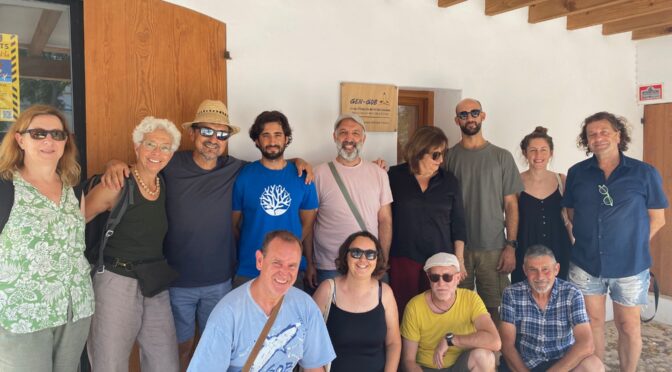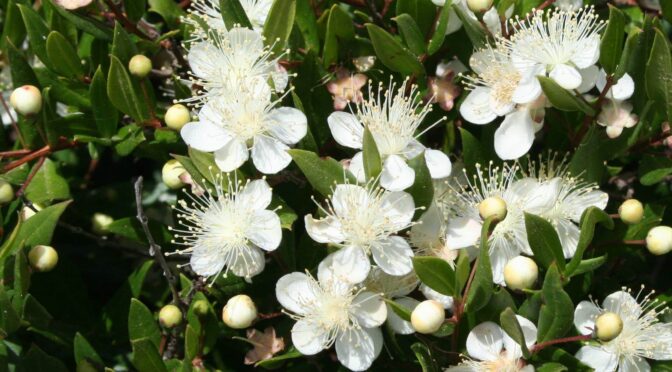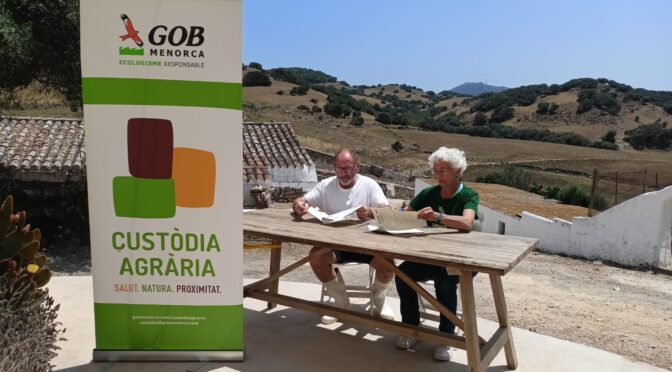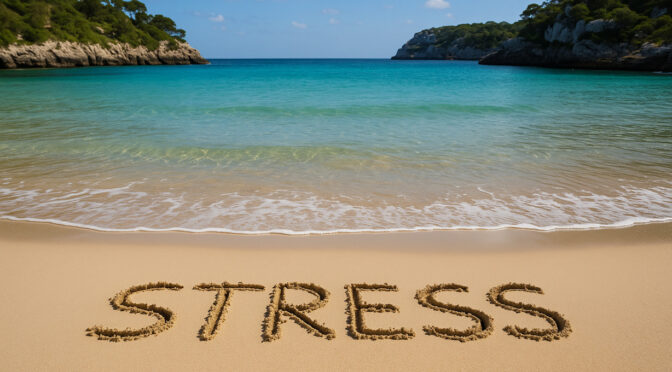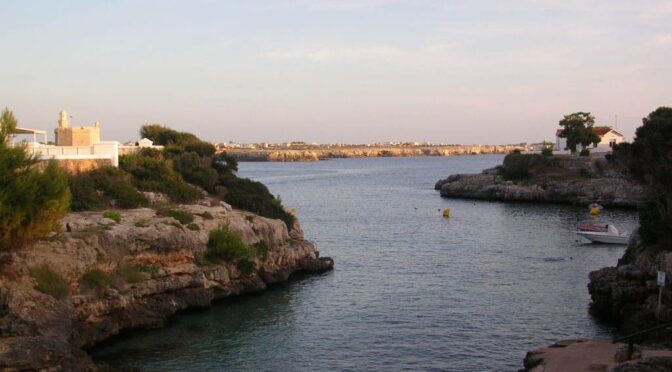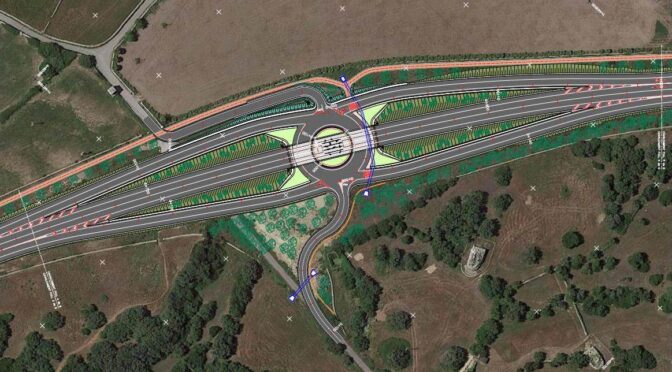Views: 58
Fornells was recently awarded a black flag by Ecologistas en Acción for the poor management of the bay. GOB Menorca considers this distinction, unfortunately, to be well deserved. For years, we have been repeatedly denouncing environmental violations in the port redevelopment project, carried out by Ports IB, and the situation has now reached a critical point.
Continue reading Environmental violations and unfair competition in Fornells

